In a groundbreaking moment for college football, the College Football Playoff semifinal made history when James Franklin of Penn State and Marcus Freeman of Notre Dame faced off.
This marks the first time in the sport’s top-tier playoff history that two Black head coaches competed against each other, with Notre Dame moving on to the national championship game. This milestone is not only a victory for these exceptional leaders but also a significant step forward in diversifying college football’s coaching ranks.
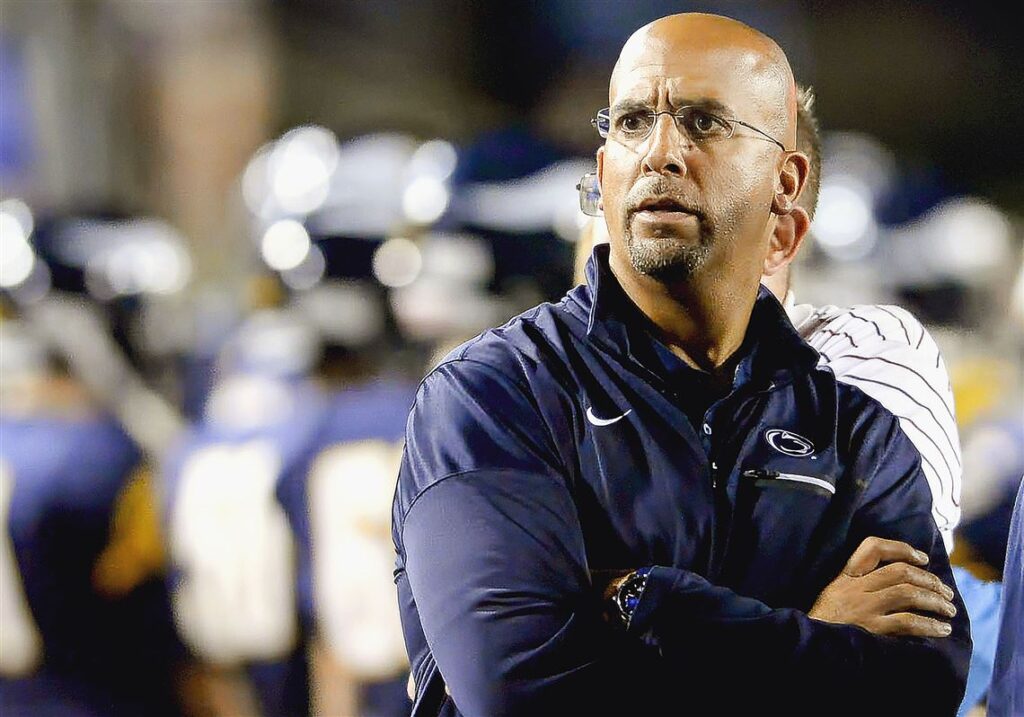
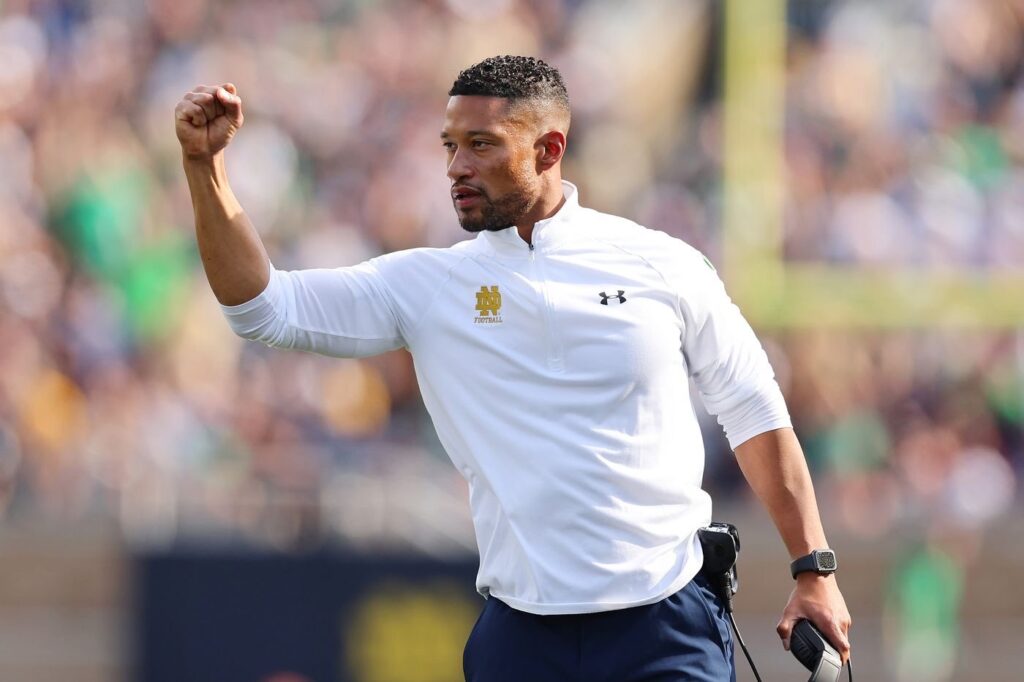
Progress in Representation
The journey to this achievement has been long and challenging. Black head coaches currently make up only about 12% of the coaching positions in major college football, a figure that starkly contrasts the diversity of the players on the field. However, recent years have seen a promising shift, with more Black coaches in pivotal roles such as position coaches and coordinators.
Notable hires like Deion Sanders at the University of Colorado have further opened doors and inspired a new generation of Black coaches to pursue leadership roles. Sanders’ impact has transcended the field, demonstrating how representation at the highest levels can influence both players and future coaches.
NFL Legends Michael Vick and DeSean Jackson Step Into Coaching Roles
Adding to the momentum, former NFL superstars Michael Vick and DeSean Jackson have recently announced their new roles as head coaches at historically Black colleges and universities (HBCUs). Vick will take the reins at Norfolk University, while Jackson will lead the football program at Delaware State University—a school recently propelled into the national spotlight by Deion Sanders.
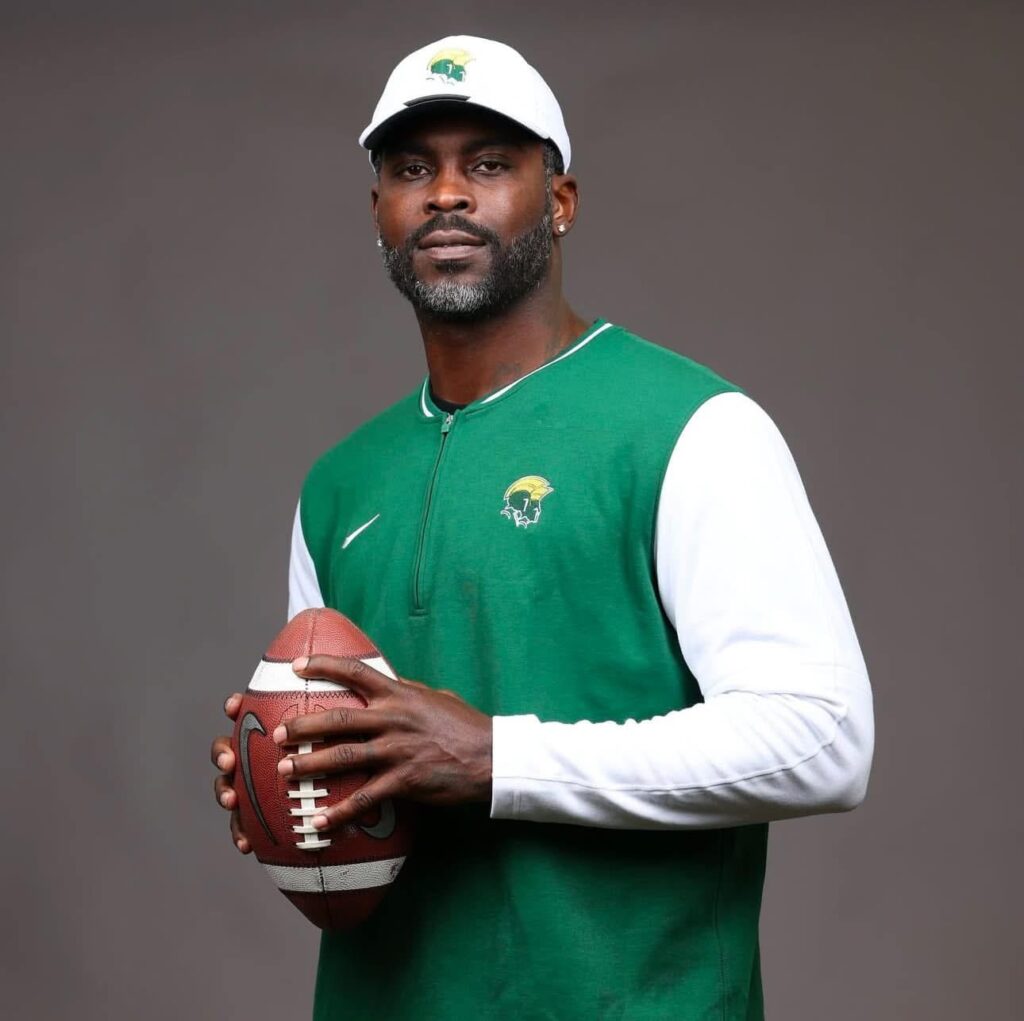
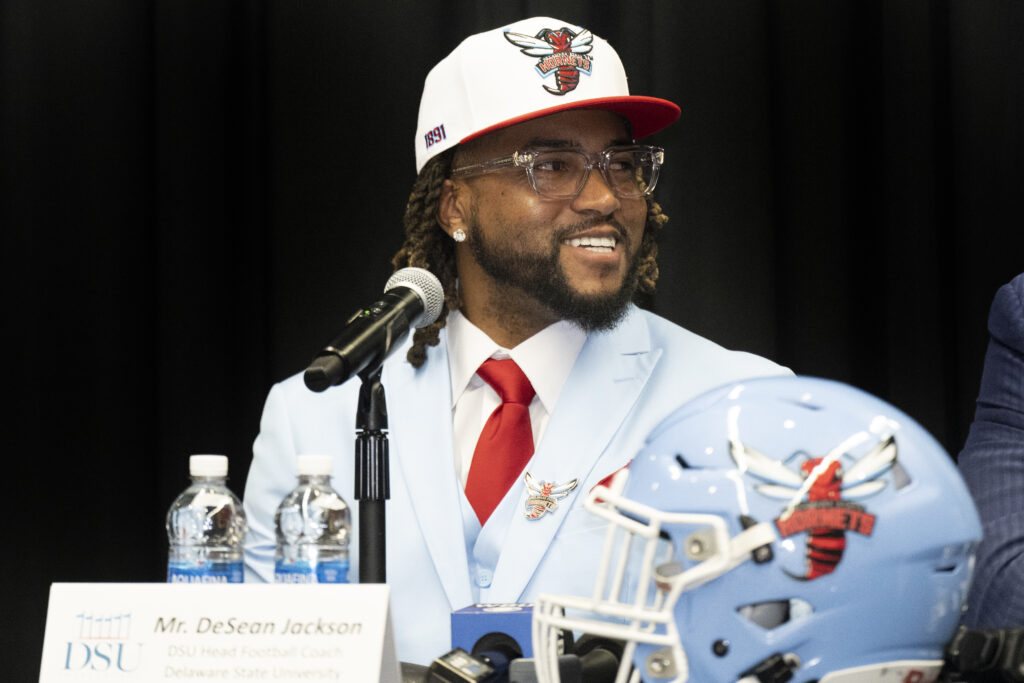
These appointments are monumental for HBCUs, which have historically played a pivotal role in developing Black athletes and coaches. Vick and Jackson’s influence extends beyond their football expertise; their presence on the sidelines brings star power and attention to these institutions, fostering recruitment opportunities and renewed respect for HBCU athletic programs.
The Road Ahead
While these milestones are worth celebrating, the journey toward equitable representation in college football coaching is far from over. The visibility of Black coaches in high-profile positions can inspire young Black athletes to envision themselves in leadership roles. Still, systemic changes—including equitable hiring practices and robust support systems—are essential for sustaining this progress.
The accomplishments of Franklin, Freeman, Vick, and Jackson demonstrate the undeniable value that diverse leadership brings to the game. As the semifinal approaches, college football fans have the unique opportunity to witness history in the making—a testament to the resilience and excellence of Black coaches who have shattered barriers and redefined the sport.
College Football Historic Milestone
This historic milestone in college football coaching is a celebration of progress and a call to action. It highlights the importance of diversity in leadership and the transformative power of representation. As the sport continues to evolve, the achievements of Black coaches like Franklin, Freeman, Vick, and Jackson pave the way for a future where talent and dedication are the sole determinants of success, regardless of race.
The stage is set for a thrilling College Football Playoff, but the legacy of this moment will resonate far beyond the field. It’s a victory not just for the teams involved but for the football community and future generations of aspiring leaders.
Also Check Out

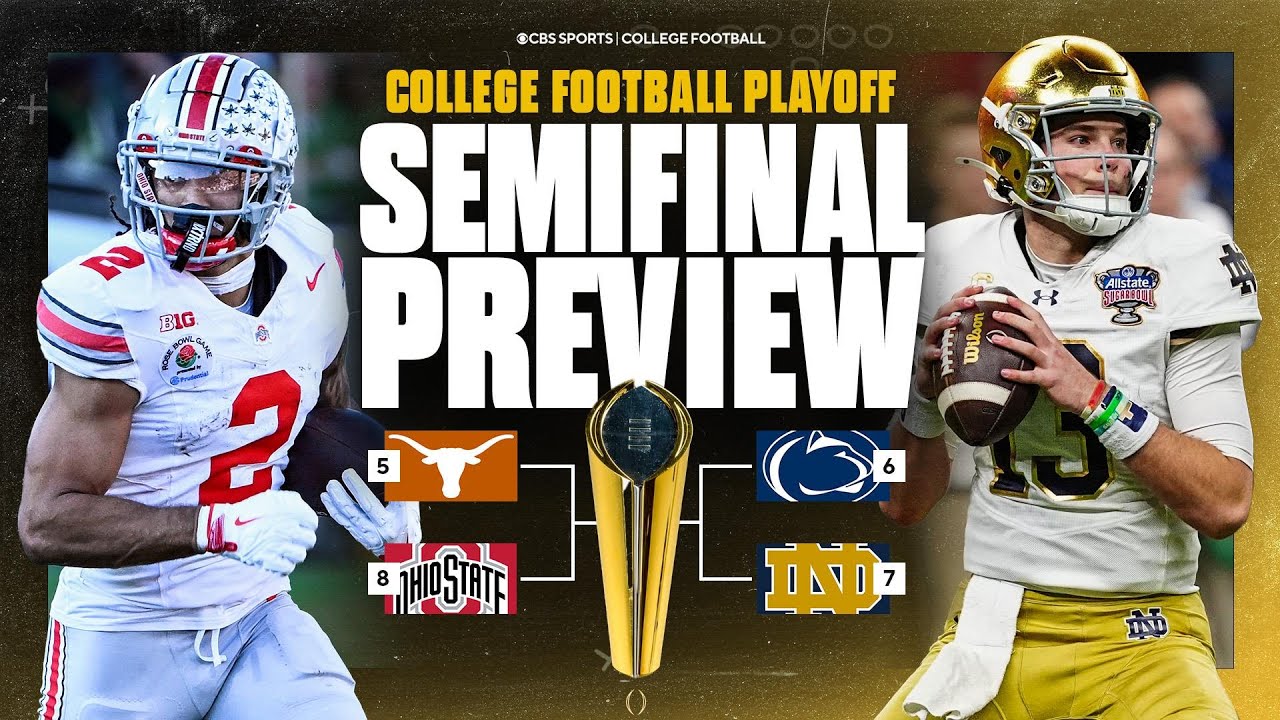
Leave a Reply